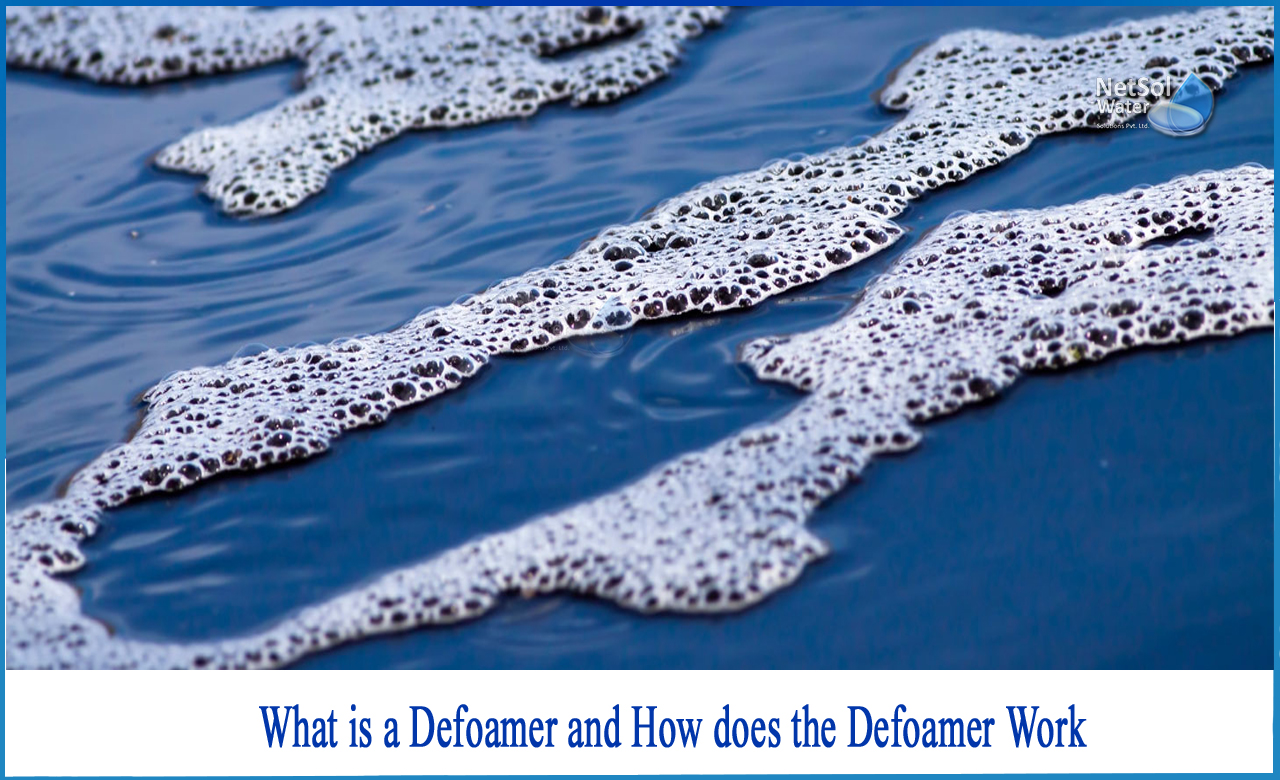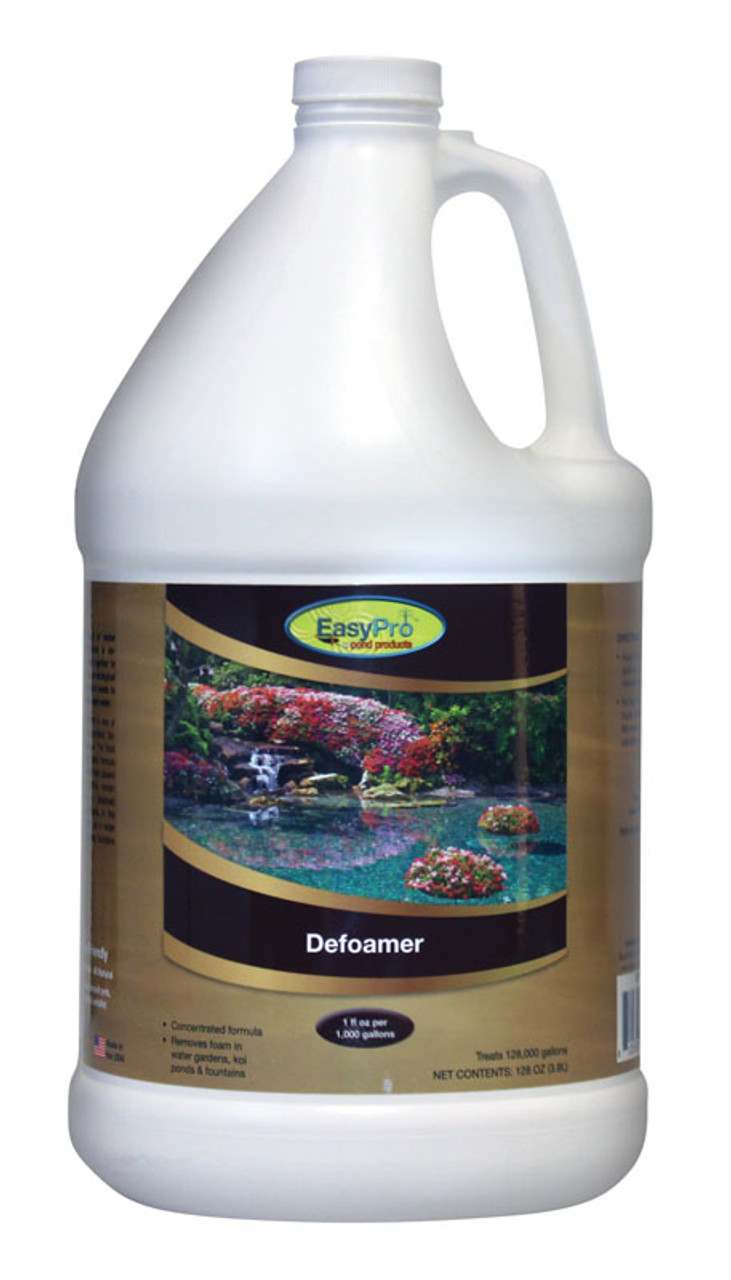Discover the Environmental Impact of Defoamers in Industrial Applications
Discover the Environmental Impact of Defoamers in Industrial Applications
Blog Article
The Role of Defoamers in Enhancing Product Quality and Efficiency
In different making procedures, the existence of foam can considerably prevent product high quality and operational efficiency. Defoamers act as crucial additives that reduce this issue, making certain smoother manufacturing workflows while improving the visual and practical features of the last products (defoamers). Their application spans a multitude of industries, from food and drink to pharmaceuticals, where uniformity and integrity are critical. Nonetheless, the selection of the suitable defoamer can be important to attaining ideal results, raising vital inquiries regarding formulation compatibility and performance metrics that warrant additional expedition.
Comprehending Defoamers
Understanding the role of defoamers is crucial for preserving product top quality throughout various industries. Defoamers are chemical ingredients developed to prevent the development and minimize of foam in fluid systems, which can negatively impact processes such as mixing, filling, and surface tension. Lathering can bring about inefficiencies, product problems, and compromised visual allure, making defoamers a critical part in making operations.
In industrial applications, defoamers aid to boost product consistency and security. In the paint and finishings industry, foam can conflict with the application process and the final coating. Likewise, in food and beverage manufacturing, extreme foam can hinder bottling and product packaging performance (defoamers). The efficient use defoamers not just makes sure smoother production procedures however also adds to premium item performance.
Furthermore, the selection and formula of a defoamer must line up with details application needs, such as compatibility with various other active ingredients, effectiveness under differing temperature level and pH conditions, and potential regulative restraints. Eventually, recognizing defoamers' functions and their significance in numerous formulations is critical for optimizing manufacturing and ensuring the greatest top quality final product.
Kinds Of Defoamers
Defoamers can be categorized right into several kinds based upon their composition and system of activity. The primary types consist of silicone-based, non-silicone natural, and inorganic defoamers.
Silicone-based defoamers are amongst the most efficient, mainly as a result of their capacity to spread out swiftly on the liquid surface area and interrupt foam formation. Their special chemical framework enables exceptional security, making them appropriate for high-temperature applications and environments with varying pH levels.
Non-silicone natural defoamers, often composed of fatty acids or all-natural oils, are valued for their biodegradability and reduced poisoning. These are typically used in food and beverage applications where safety and environmental effect are vital.
Not natural defoamers, which include compounds like talc or calcium carbonate, act by boosting the density of the liquid, thus decreasing foam stability. They are frequently made use of in commercial procedures where compatibility with various other products is not a concern.
Each kind of defoamer has unique advantages and limitations, enabling customized options depending upon the particular foaming concerns encountered in different applications. Comprehending these differences is crucial for optimizing performance and accomplishing desired item high quality.
Applications Across Industries
Numerous sectors take advantage of defoamers to enhance product top quality and functional effectiveness. In the food and drink market, defoamers are vital in processes such as developing and dairy products production to avoid foam development, which can result in inadequacies and item inconsistency. By regulating foam, makers can ensure far better yield and an extra uniform item.
In the pharmaceutical industry, defoamers play an essential function in the solution of liquid drugs, where extreme foam can restrain mixing and exact dosing. Their use assists maintain the stability of the formulations and assists in smoother production procedures.
The paint and finishings industry likewise counts on defoamers to boost the performance of items throughout application. By reducing foam, these ingredients make sure a smoother surface and boost the aesthetic high qualities of the last item.

Advantages of Making Use Of Defoamers
While the application of defoamers differs throughout markets, their benefits regularly improve product quality and procedure performance. One substantial benefit is the decrease of foam formation during manufacturing processes, which can otherwise cause manufacturing hold-ups and incongruities in item top quality. By lessening foam, defoamers make it possible for a smoother flow of materials, assisting in a lot more efficient operations and decreasing the chance of tools breakdowns.
Furthermore, using defoamers can boost the look and structure of final items. In markets such as finishings, paints, and food processing, excessive foam can compromise the aesthetic appearances and general high quality, while the appropriate defoamer application ensures a consistent surface and desirable characteristics. Defoamers can contribute to set you back financial savings by decreasing waste throughout manufacturing and enhancing the usage of raw materials.

Choosing the Right Defoamer
Picking the appropriate defoamer is crucial for optimizing production processes and ensuring product quality. The option of defoamer affects not just the efficiency of foam control however likewise the general performance characteristics of the end product. Variables to take into consideration consist of the kind of application, the chemistry of the formula, and the environmental conditions under which the product will be used.
Different markets might need certain defoamer types, such as silicone-based, organic, or polymeric defoamers. Comprehending the compatibility of the defoamer with the main components is important to prevent negative reactions that could compromise product honesty. In addition, the defoamer's efficiency in different temperatures and pH degrees have to be reviewed to make certain constant performance.
Evaluating the defoamer in small-scale applications can give important understandings into its performance and viability. Consideration of regulative conformity, specifically in food, pharmaceuticals, and cosmetics, is extremely important in choosing a defoamer. Ultimately, a detailed evaluation of these elements will bring about the selection of a defoamer that not just regulates foam efficiently yet also improves the anonymous top quality and performance of the final item.
Conclusion

In verdict, defoamers are crucial additives that significantly improve item high quality and efficiency across different markets. The tactical choice and application of defoamers lead to set you back financial savings, maximized source usage, and boosted client contentment.
Foaming can this page lead to inefficiencies, product defects, and endangered aesthetic allure, making defoamers a critical part in producing operations.

Report this page